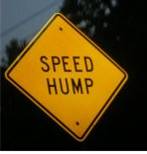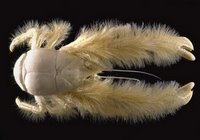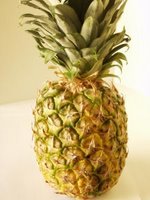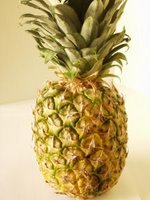Everything's Coming Down Roses
 How's this for a painting?? If you heard this week's episode of "A Way with Words," then you'll recall our discussion of the word Heliogabaline, used by David Foster Wallace in his marvelous essay on English usage. It's an allusion to the wild-and-crazy Roman emperor Heliogabalus, who supposedly invited a bunch of guests to dinner and hid a massive amounts of rose petals behind a false ceiling, then let them fall -- smothering some of his guests. Heliogabalus became a darling of the Decadent Movement in the late 19th century. Here's the 1888 painting I mentioned, which depicts that scene. It's by Sir Lawrence Alma-Tadema. (Click on the painting for a closer look; it's spectacular.)
How's this for a painting?? If you heard this week's episode of "A Way with Words," then you'll recall our discussion of the word Heliogabaline, used by David Foster Wallace in his marvelous essay on English usage. It's an allusion to the wild-and-crazy Roman emperor Heliogabalus, who supposedly invited a bunch of guests to dinner and hid a massive amounts of rose petals behind a false ceiling, then let them fall -- smothering some of his guests. Heliogabalus became a darling of the Decadent Movement in the late 19th century. Here's the 1888 painting I mentioned, which depicts that scene. It's by Sir Lawrence Alma-Tadema. (Click on the painting for a closer look; it's spectacular.)Oh, and Wallace's use of Heliogabaline? It's perfect: "The truth is that most US academic prose is appalling -- pompous, abstruse, claustral, inflated, euphuistic, pleonastic, solecistic, sesquipidelian, Heliogabaline, occluded, obscure, jargon-ridden, empty: resplendently dead." Anybody disagree?
By the way, that David Foster Wallace essay is something that every language lover should gleefully dig into and savor once a year -- that and George Orwell's prescient piece, "Politics and the English Language."




















